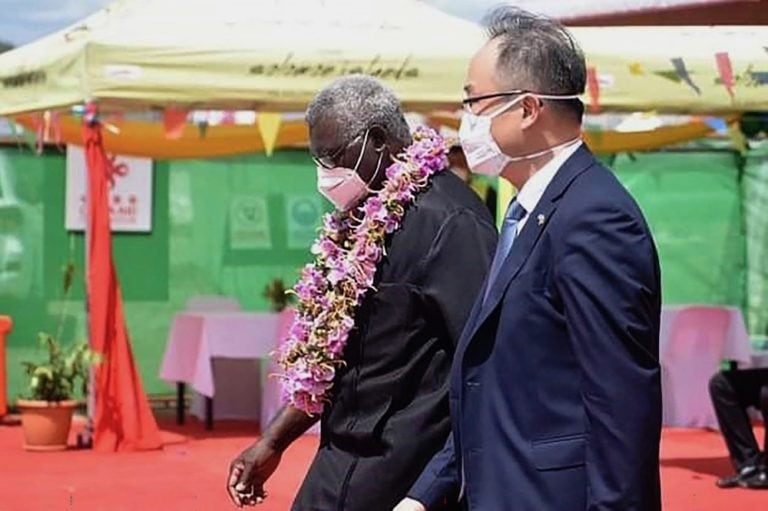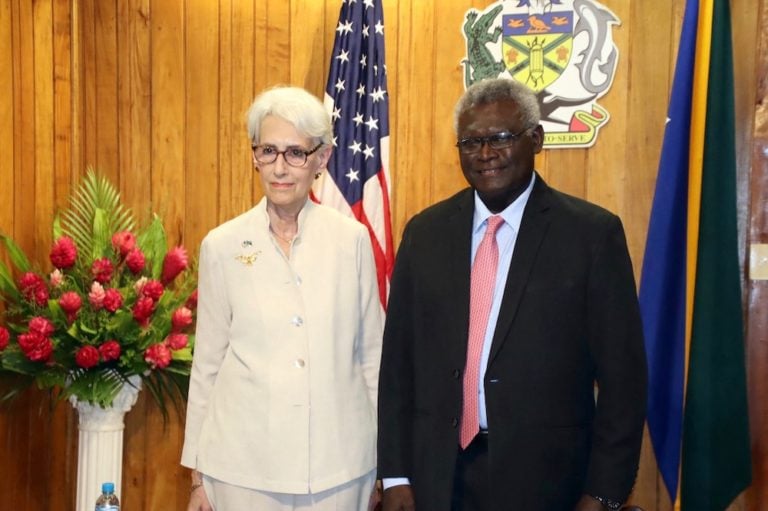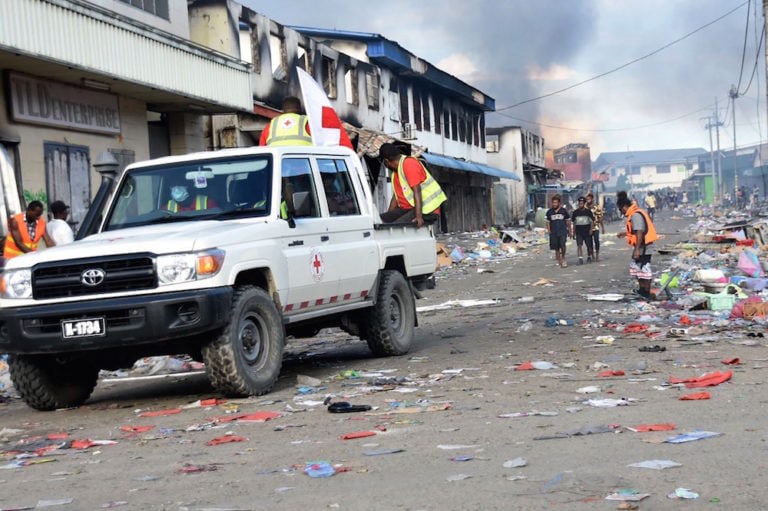(PINA/IFEX) – On World Press Freedom Day, 3 May 2000, the Media Association of Solomon Islands (MASI) fought a government ban on journalists boarding a chartered boat and a flight to the Guadalcanal conflict peace talks by chartering a plane itself to get nine journalists there. MASI chartered the plane with funds provided by UNESCO, […]
(PINA/IFEX) – On World Press Freedom Day, 3 May 2000, the Media Association of Solomon Islands (MASI) fought a government ban on journalists boarding a chartered boat and a flight to the Guadalcanal conflict peace talks by chartering a plane itself to get nine journalists there. MASI chartered the plane with funds provided by UNESCO, the local New Zealand High Commission and PINA President William Parkinson.
Parkinson was in Honiara for workshop sessions to help prepare Solomon Islands journalists to cover the peace talks beginning 4 May and designed to end a deadly ethnic conflict on the country’s main island, Guadalcanal. The workshop sessions focussed on the role of the news media in reporting conflict and in the peace and reconciliation process. They were organised by MASI, a PINA member, as part of World Press Freedom Day activities, with support from UNESCO and PINA. The workshop sessions, run under UNESCO’s “Culture of Peace” theme, included a talk by the Commonwealth special envoy trying to end the ethnic conflict, former Fiji Prime Minister Sitiveni Rabuka.
Parkinson said he was ready to support MASI if it condemned the government’s decision to disallow the media from travelling on a chartered boat and a flight to the peace talks venue on another island.
Background Information
The peace talks follow continuing ethnic conflict on the island of Guadalcanal, where Honiara, the Solomon Islands capital, is located. A Guadalcanal militant movement began trying to drive out people who come from another major island, Malaita. The movement is claiming that Malaitans dominate government and business and are increasingly occupying the lands of the Guadalcanal people. Thousands of Malaitans fled back to Malaita following a series of attacks by the militants. A Malaita militant movement is now fighting the Guadalcanal movement. Honiara became the capital of the then British Solomon Islands after Word War Two. It grew from a base and port built by United States forces during the battle to retake the Solomon Islands from the Japanese.


